Photographer & Activist.
As a result of failing to fully meet the lygodium eradication requirement, SFWMD is threatening to revoke the lease and take over management of the refuge. If this happens, there is a real possibility the land would be used to store polluted water discharged from Lake Okeechobee, flooding the refuge’s 5 distinct habitats, including tree islands and destroying the environment frequented by 250 species of birds, butterflies, deer, raccoons, river otters, bobcats, and countless reptiles and amphibians. 2016 saw a wading bird colony of over 7,000 nests, illustrating some of the value of this area. Many of the creatures living on the refuge are endangered or threatened species. Flooding the land with phosphorus-laden water would change the entire system and alter the habitat needed to sustain wildlife. The priority for SFWMD would be water management, not protection and management of wildlife.
In addition to flooding the land with polluted water and destroying habitat, water management use of the land would very likely take away this precious opportunity to educate the 5,000 children who visit the refuge for structured science and environmental education, allowing them to learn about the Everglades and prompting many of them to become proactive in helping to protect it and inspiring some to pursue environmental studies. Along those same lines, the refuge attracts 300,000 visitors a year, also allowing them to admire the wonders of the Everglades and to take an interest in preserving it while bringing jobs and tourist dollars to the area. Additionally, loss of the refuge would deprive countless Florida residents the use of this part of the Everglades for recreational purposes, such as hiking, biking, canoeing, kayaking, and exploring the environment.
Several organizations, included Audubon, Sierra Club, and Bullsugar.org are actively participating in trying to find a better solution, such as allowing the lease to continue and having SFWMD, USFWS, Florida Fish and Wildlife Conservation Commission (FWC) and other agencies work together. More Florida residents are becoming involved as they are made aware of this impending threat.
On Monday, December 5, 2016 a community forum sponsored by Audubon Florida was held at FAU Pine Jog Environmental Education Center in West Palm Beach. A panel with representatives from Florida Fish and Wildlife, U.S. Fish and Wildlife Service, Discover the Palm Beaches (tourism), Wellington Community High School, National Wildlife Refuge Association, and Audubon of the Everglades shared information and heard concerns and ideas from citizens. There was much enthusiasm and plans for action to further inform the public and to alert all involved agencies, including Governor Rick Scott, of the distress it would cause the Everglades, the refuge, and the public to have the USFWS lease revoked. Future activities will be announced soon.
Today, December 8, 2016 a rally was held at the SFWMD Headquarters in West Palm Beach to express support of Florida Senate President Joe Negron’s plan to buy land to store and clean water in the Everglades Agricultural Area (EAA). It was attended by approximately 75 people representing the Sierra Club, River Warriors, the refuge, and others. There was media coverage from several sources, including WPEC (CBS) and WPBF (ABC). Speakers expressed outrage over the condition of water from Lake Okeechobee discharges and directed Rick Scott and pertinent agencies to buy the land south of the lake instead of discharging to the east and west coasts or into the Everglades through the refuge.
The refuge is, indeed, part of the Everglades. It provides a magnificent opportunity to expose residents and visitors to this truly unique gem. The more people know about the Everglades, the more they will love it and want to protect it. Here is an opportunity for all of us who love the Everglades to work together and present a united front to state agencies and the governor, declaring that we will not let it be taken apart piece by piece and destroyed.
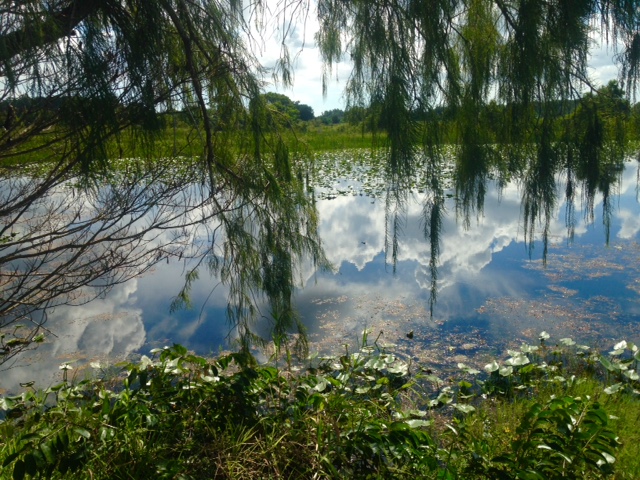
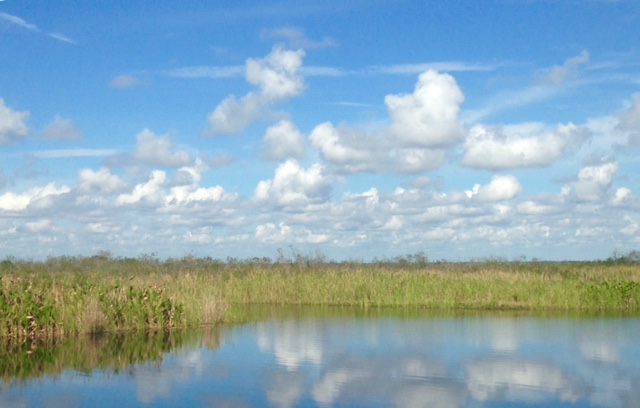
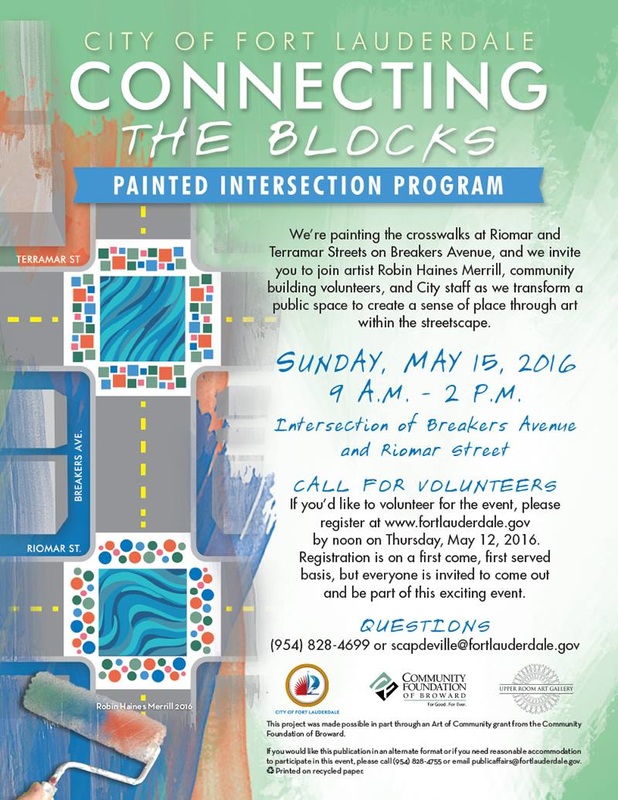
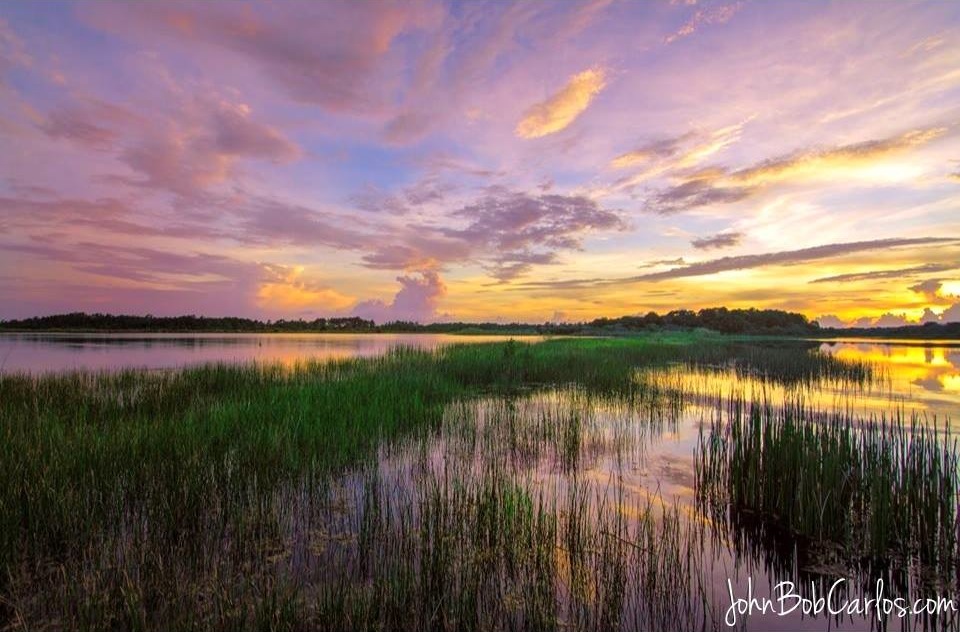
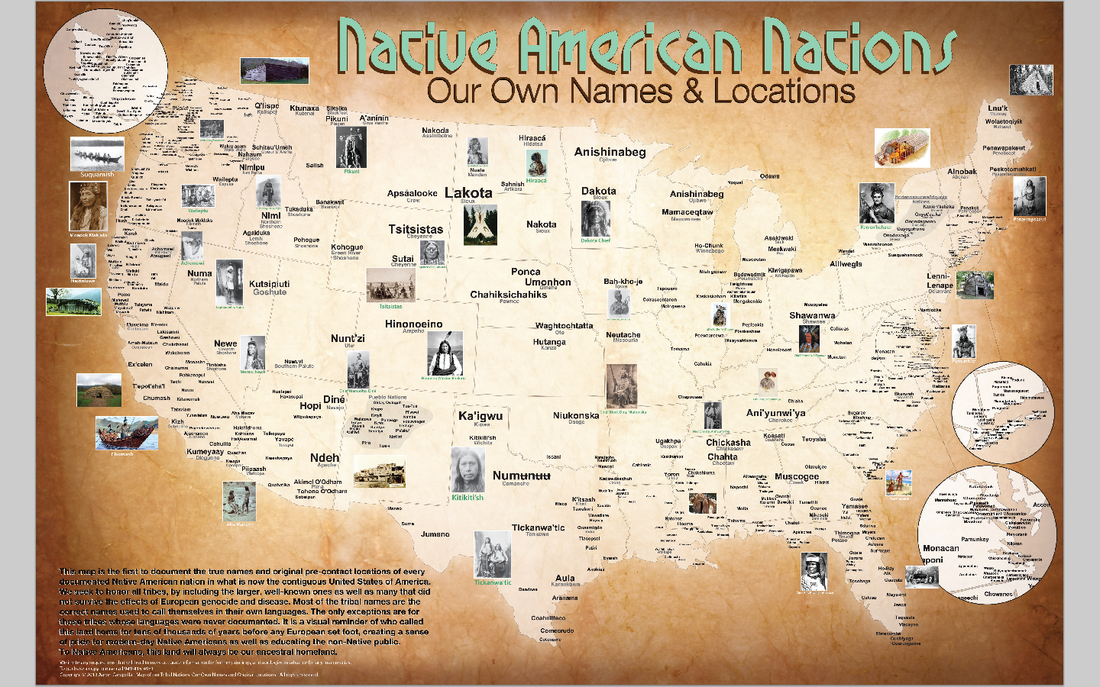
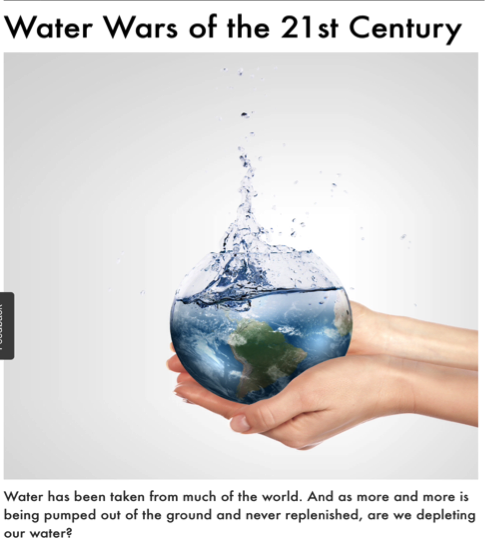

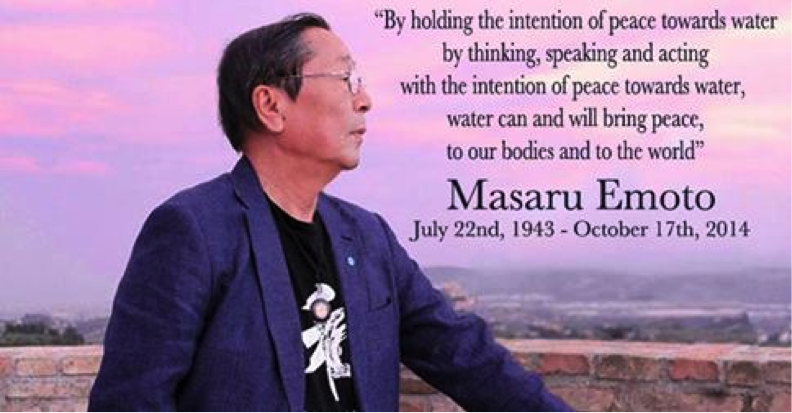
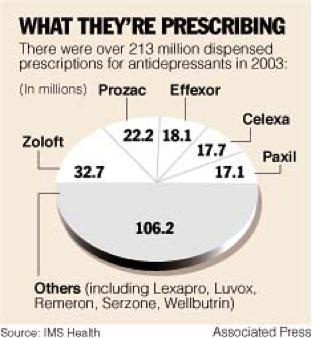
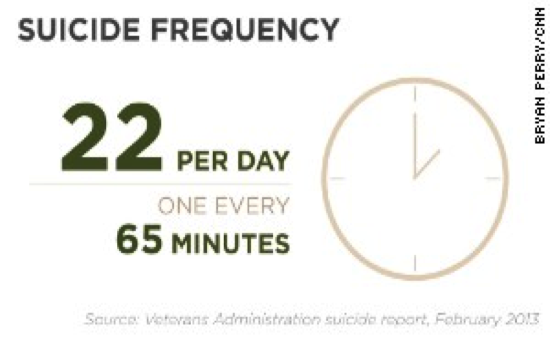

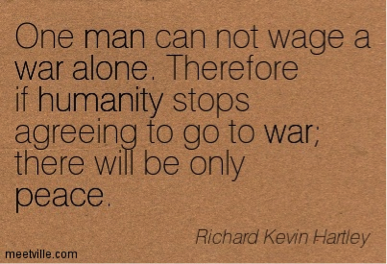
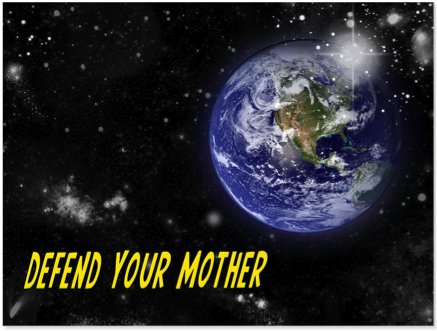
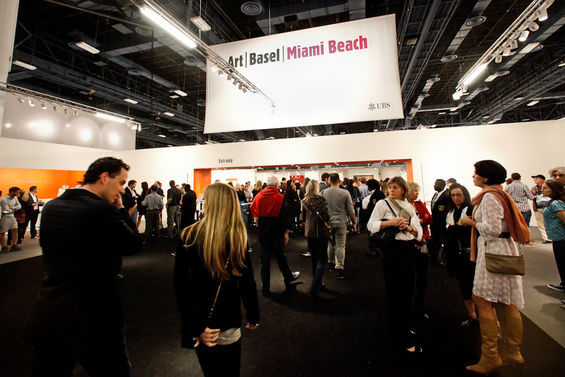

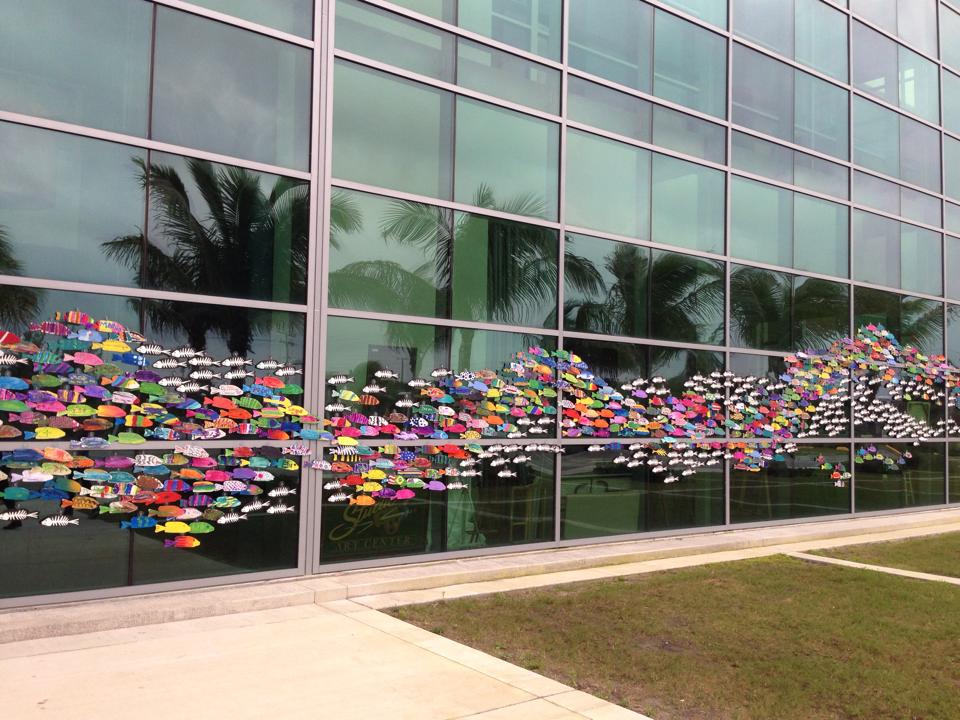
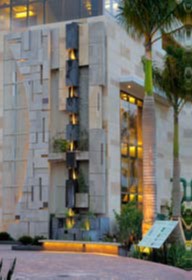
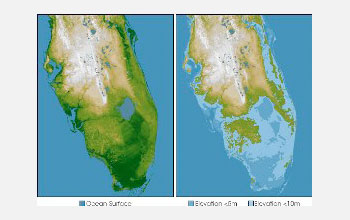
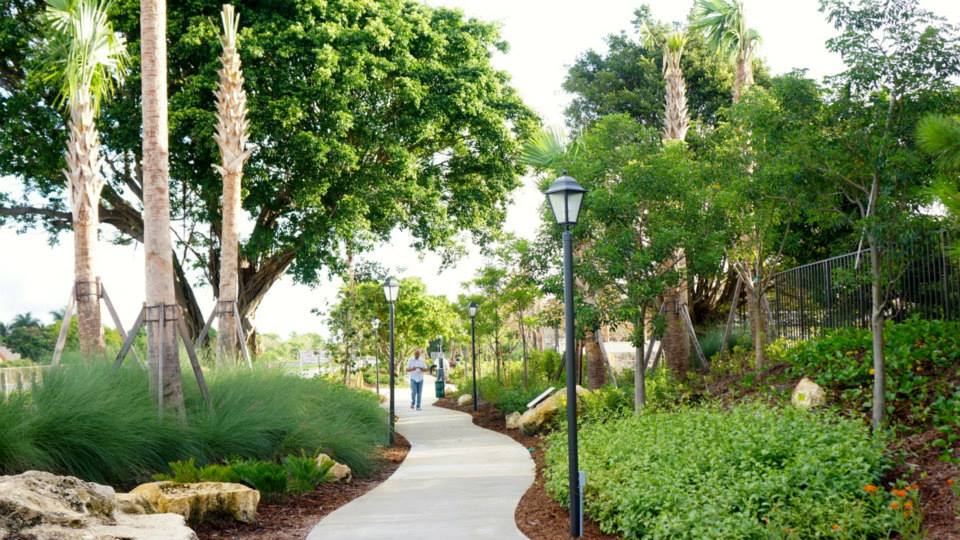

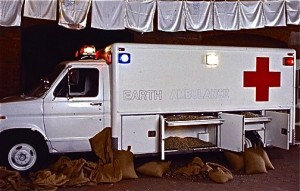
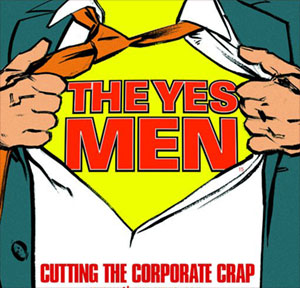
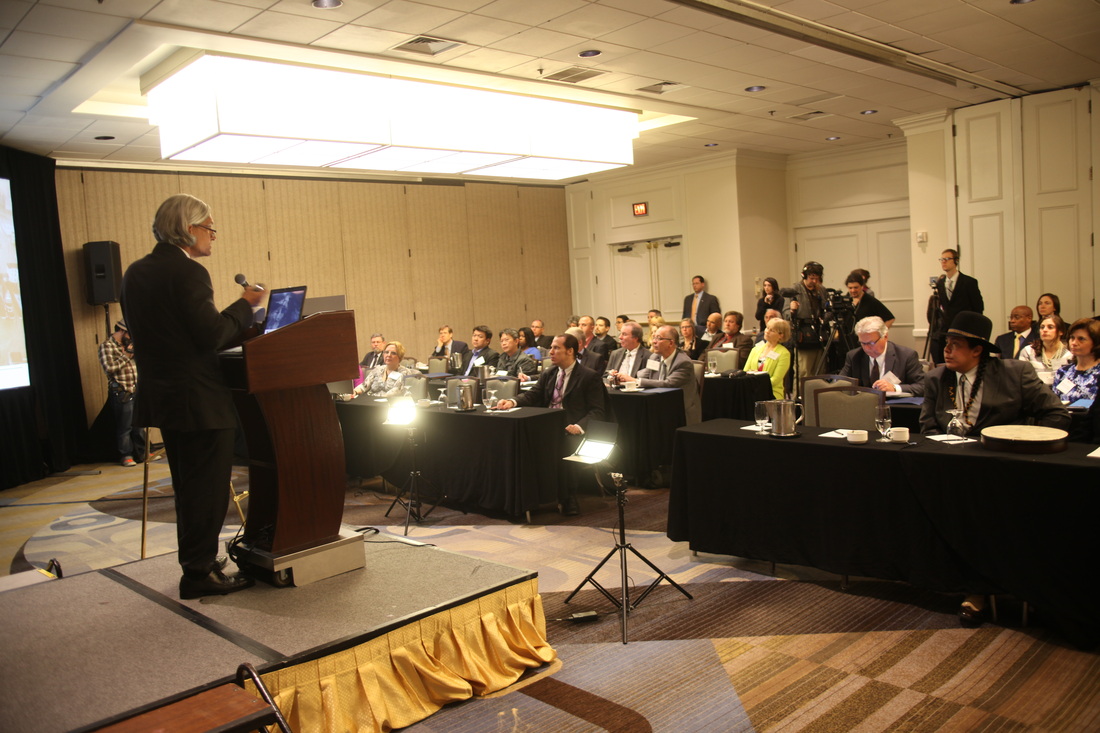
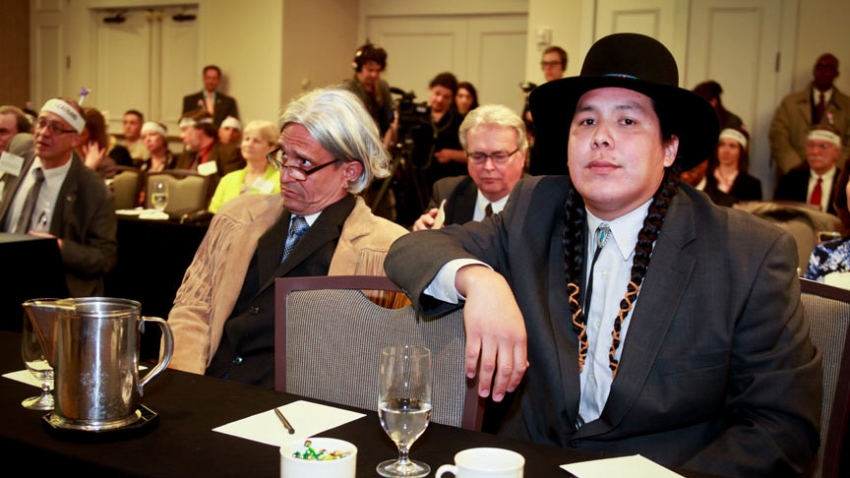
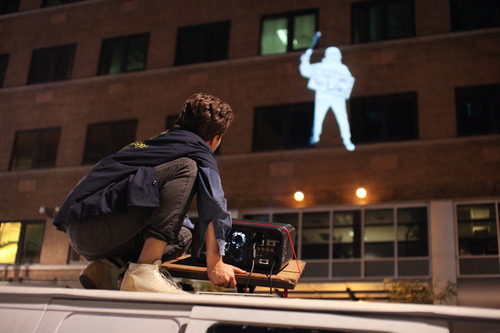

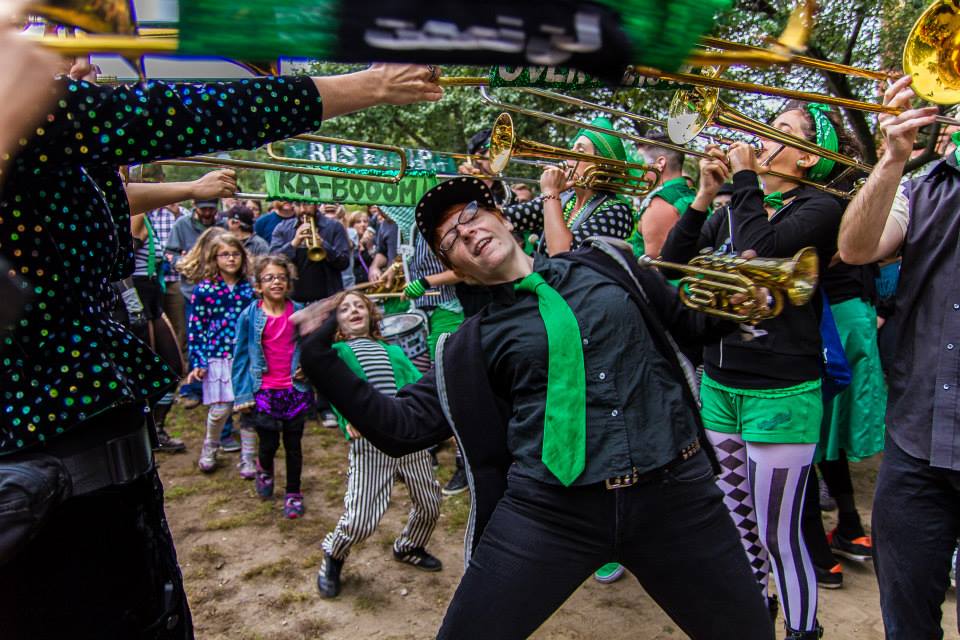
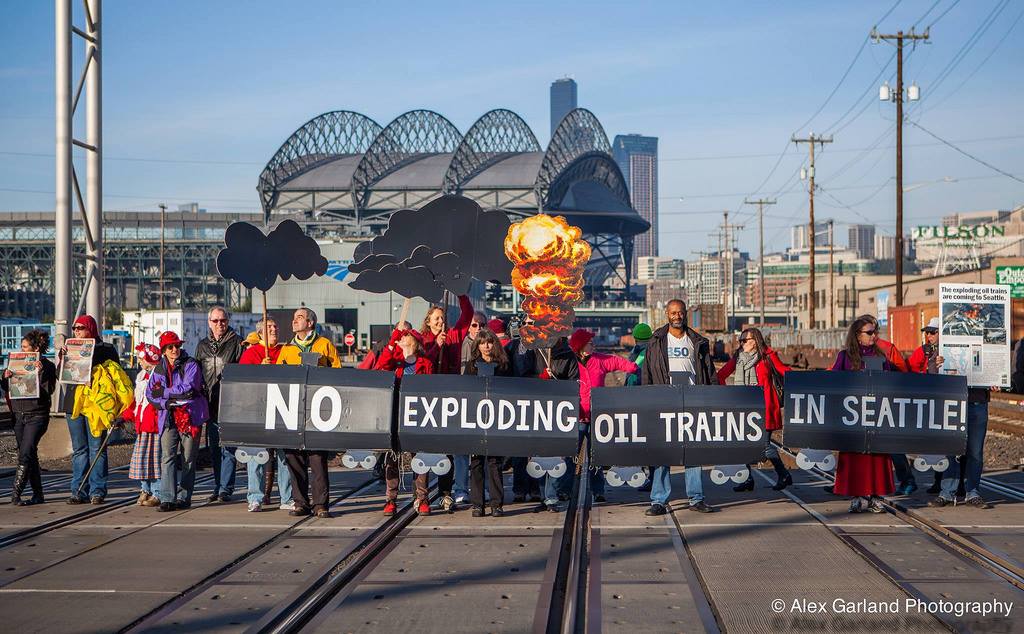
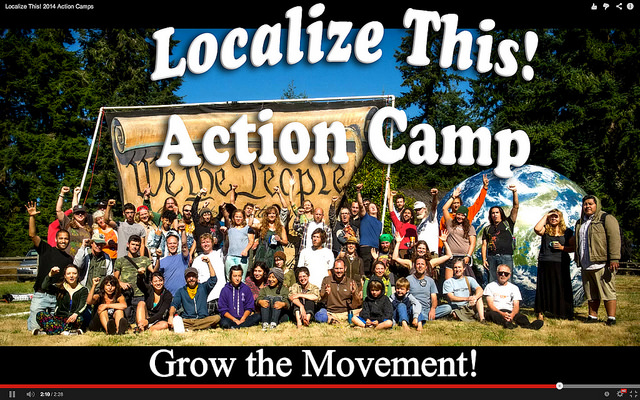

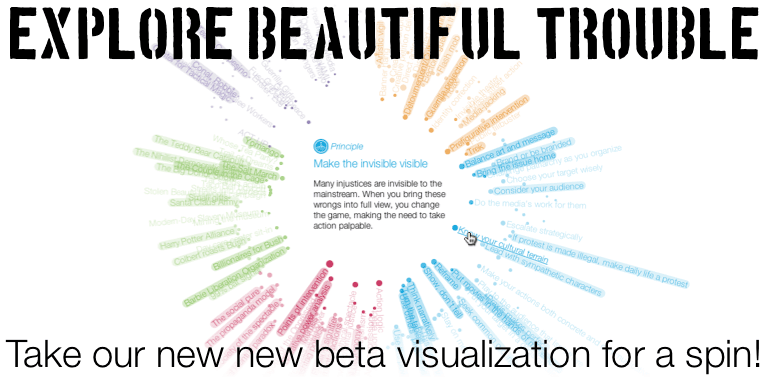
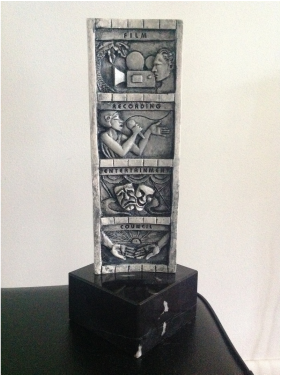

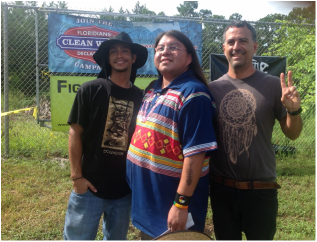
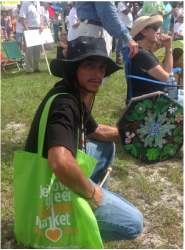
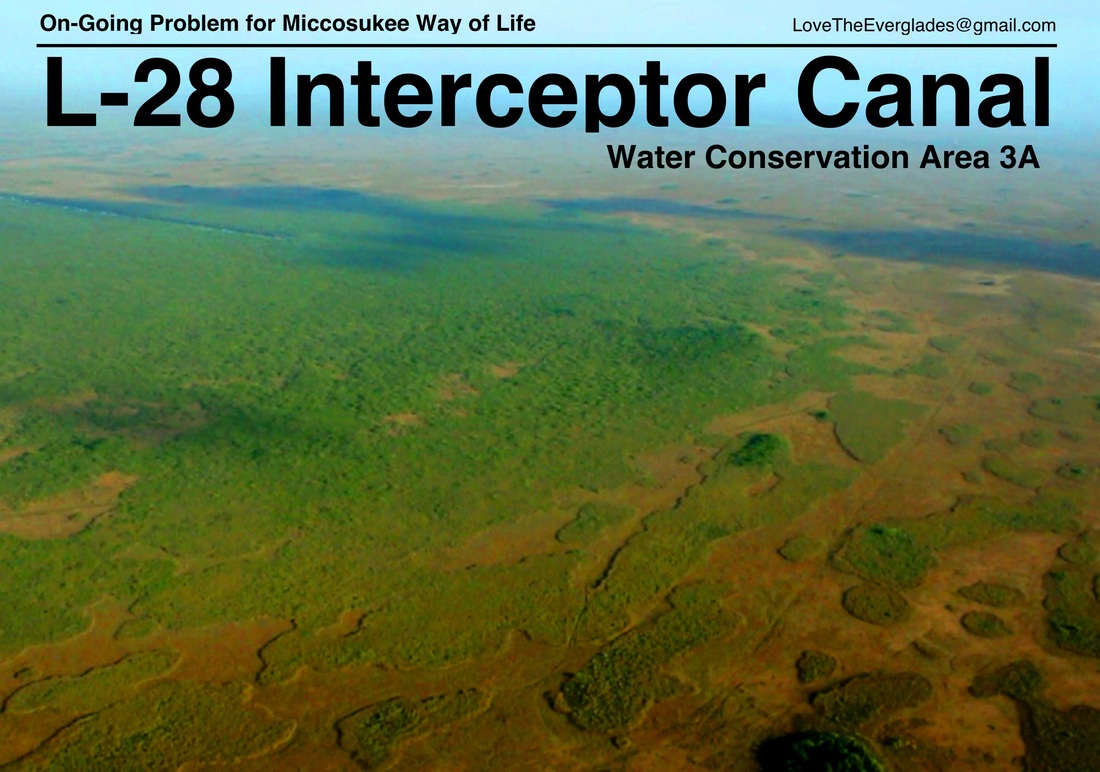
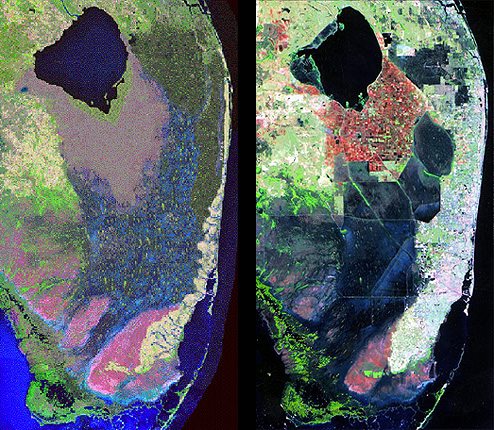
 RSS Feed
RSS Feed